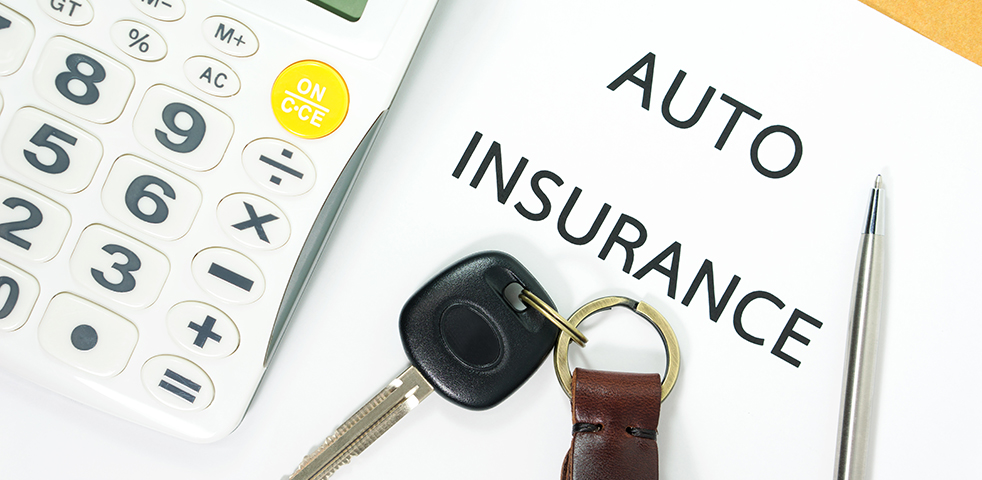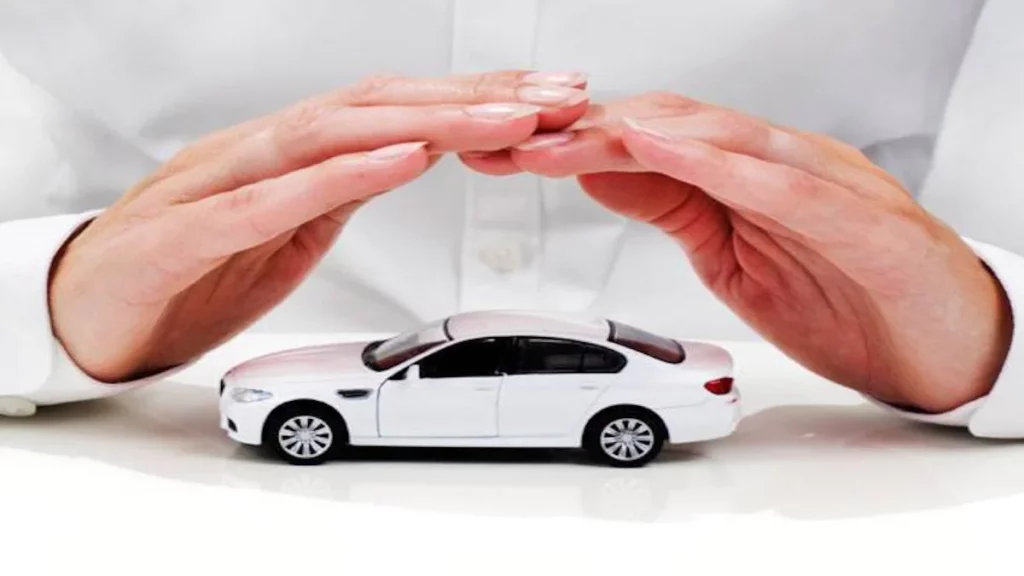What is auto insurance?

What is auto insurance?
Table of Contents
Understand your auto insurance and its coverage
In most states, basic personal auto insurance is mandatory and provides you with some financial protection in the situation of an accident. But is that enough? What are the options? Understand the working principle of automobile insurance and the types of insurance available.
Understand the basic knowledge of auto insurance

Auto insurance is a contract between you and an insurance company. Contract to protect you from economic losses in the situation of an accident or theft. In exchange for your premium payment, the insurance company agrees to pay your loss in accordance with the provisions of your policy.
Auto insurance provides the following insurance:
- Property – e.g. car damaged or stolen
- Liability – your legal liability for personal injury or property damage to others
- Medical expenses – the cost of hospitalizing for injuries and recovering, sometimes including wages of lots and funeral expenses
Basic personal auto insurance is compulsory in most states of the United States, and the laws are also different. Auto insurance policies and coverage is priced separately (a la carte). It allows you to customize the amount of insurance to meet your exact needs and budget.
The policy is usually issued for six months or one year and can be renewed. The insurance company will give notice when renewing the insurance and paying the premium.
Who does my auto insurance cover? Under what circumstances?
Auto insurance policy will cover the insurance policies of you and other family members, whether driving your car or driving someone else’s car (with their permission). If no one on your policy drives your car with your consent, your policy will also provide insurance.
Your personal auto insurance policy is only applicable to personal driving, whether you are commuting, on business, or traveling. If you use your car for commercial purposes, for example, if you deliver pizzas, it will not provide insurance.
If you use a car to provide transportation services to others through ride-sharing services such as Uber or LYFT, personal car insurance will not provide insurance. However, some auto insurance companies are now offering supplemental insurance products (at an additional charge) to expand insurance coverage for car owners who provide ride-sharing services.
Is it compulsory to have auto insurance?
Auto insurance requirements change from state to state. If you are buying a car, the lender or original car owner may also have its own requirements. Almost every state requires car owners to have insurance policies like :
- Liability for personal injury- Includes expenses related to injury or death. Injury or death caused by you or other drivers while driving your car.
- Liability for properties – compensate others for damage to other vehicles or other property caused by you or other drivers driving your car. Such as fences, buildings or utility poles.
In addition to those, many states require you to carry:
Medical expenses or personal injury protection (PIP) for reimbursement of medical expenses for injuries to you or your passengers. It will also include lost wages and other related expenses.
In the case of Uninsured motorists coverage-If the accident is caused by a driver without car insurance, or a hit and run accident occur, you will be reimbursed by uninsured driver insurance. You can also buy underinsured motorist Insurance coverage, which will cover other drivers who lack sufficient insurance to cover the cost of serious accidents.
Even if PIP and uninsured car coverage are optional, in your country, consider adding them to your policy for greater financial protection.
What are other kinds of typical auto insurances?
Although the most basic car insurance stipulated by law covers damage caused by your car, it does not include damage to your own car. To cover your car, you should consider these additional insurance coverages:
Collision- compensates you for vehicle damage caused by collision with other vehicles or other objects, such as trees or guardrails. Although the collision insurance will not compensate your car for mechanical failure or normal wear and tear, it will compensate for damage caused by potholes or rolling.
Comprehensive- insurance covers theft and damage as a result of accidents other than collisions, such as fire, flood, vandalism, hail, falling rocks or trees, and other hazards, and even damage by asteroids!
Glass Coverage-It is common, provide coverage of windshield damage. Some car insurance policies do not include no-deductible glass insurance, including side windows, rear windows, and glass skylights. If not you can buy a supplementary glass cover.
What is Gap insurance? Do I need it?
Collision and integration only cover the market value of your car, not the cost you pay for it, and the new car will soon depreciate. If your car is destroyed or stolen, there may be a “gap” between the money you owe on the car and your insurance coverage. To make up for this, you may need to buy Gap insurance to cover the difference. Please note that for rental vehicles, clearance insurance is usually accounted for in your rental payments.
Next: view this convenient infographic to find out what type of driver insurance coverage is necessary and is optional.
We would love to hear about your ideas, suggestions, and questions. So feel free to contact us.
Lucas Noah, a distinguished writer with a Bachelor of Information Technology (BIT) degree, is currently making waves in the digital content sphere with his contributions to Creative Outrank LLC and Oceana Express LLC. His work on their websites showcases hi... Read more